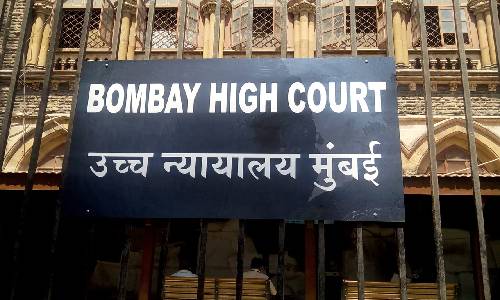
The petitioner, S. J. Enterprises was found guilty by the Customs Authority in the case of S.J. Enterprises & Anr. v. Union of India. In this case the Assistant Commissioner of Customs requested the bank, guarantees provided by the petitioner be cashed on the day the aforementioned order was served on the petitioner and in order to pay the demands made by the Customs Department against the petitioner.
The HDFC Bank Ltd. transferred the given funds to the Customs Authorities to meet the requests made in the order issued against the petitioner in response to the message received from the Assistant Commissioner of Customs. The petitioner filed a writ case with the Bombay High Court in opposition to this.
Before the High Court, J. Enterprises argued that the Customs Authorities took coercive action to cash the bank guarantee provided by the petitioner. The petitioner mentioned even before he had the chance to challenge the order imposed against it within the authorised period of limitation, the authorities had sought to encash the Bank Guarantees.
The petitioner claimed that the Central Board of Excise and Customs (CBEC) circular no. 984/08/2014-CX, dated 16.09.2014, was violated by the coercive action used by the Customs Authorities.
The Bombay High Court noted that the aforementioned Order dated 30.06.2020 passed by the Customs Authorities was issued on 06.07.2020 and served to the petitioner on 15.07.2020; however, on the same day, i.e., on 15.07.2020, the Assistant Commissioner of Customs addressed a communication to the HDFC Bank Ltd. to encash the bank guarantees provided by the petitioner to cover the demands raised in the aforementioned Order dated 30.06.2020.
The Court held that the Customs Authorities recovered the amounts by way of encashment of Bank Guarantees, even before the petitioner could file an appeal against the said order, by using coercive measures. The Court noted that the petitioner was entitled to file an appeal against the said Order before the Customs, Excise and Service Tax Appellate Tribunal (CESTAT) within three months from the date of the communication of the order.
The Bench determined that the preconditions of the Circular No. 984/08/2014-CX, dated 16.09.2014, include granting the assessee a fair length of time to file an appeal against the Order and pre-depositing a specified sum. The Bench decided that, in accordance with the aforementioned Circular, no coercive means should be used to recover the remaining sum that exceeds the pre-deposit amount while the appeal is pending. Additionally, recovery action, if any can only be started after the appeal is decided in the Customs Department's favour.
The court further noted that the Bombay High Court had ruled in 2004 Ocean Driving Centre v. Union of India & Ors. that the assessee's bank guarantee could not be cashed by the government prior to the statutory deadline for filing an appeal.
The Court noted that the Bombay High Court had dismissed a contempt notice issued against the Customs Authority for using coercive measures and for cashing out bank guarantees before the statute of limitations for filing statutory appeals had run in the case of Legrand (India) Pvt. Ltd. versus Union of India (2007) after receiving assurances from the Union of India that adequate care would be taken going forward.
The Customs Department's letter/order to HDFC Bank Ltd. requesting the encashment of the bank guarantee provided by the petitioner was thus overturned by the court. The Court ordered the Customs Department to reinstate the petitioner's bank guarantee and to keep things as they were until the petitioner's appeal against the Order dated June 30, 2020 was decided by the appellate authority. And finally the bench noted that "Further, we direct the Commissioner of Customs (respondent no.2) to circulate this judgment and order to all Assistant Commissioners or adjudicating Officers so that in future, there are no similar instances of breach of CBEC instructions or the disobedience of judicial orders. If the Commissioner finds any further cases of violation, we expect the Commissioner to take necessary action against the errant officers."

